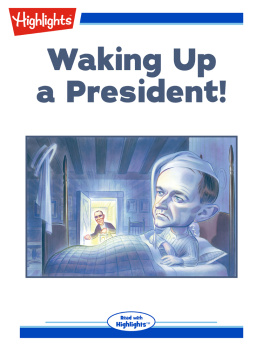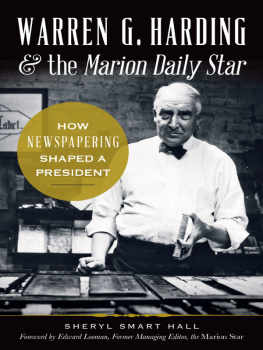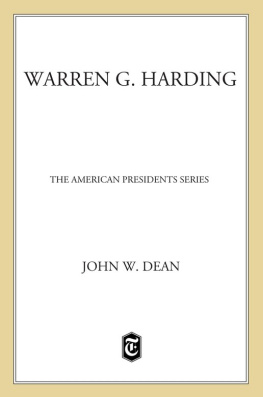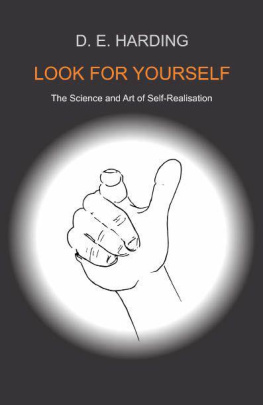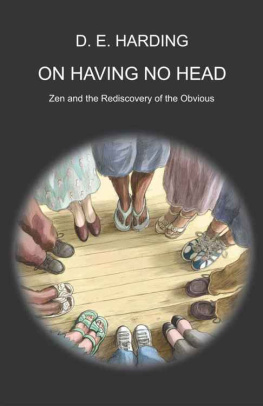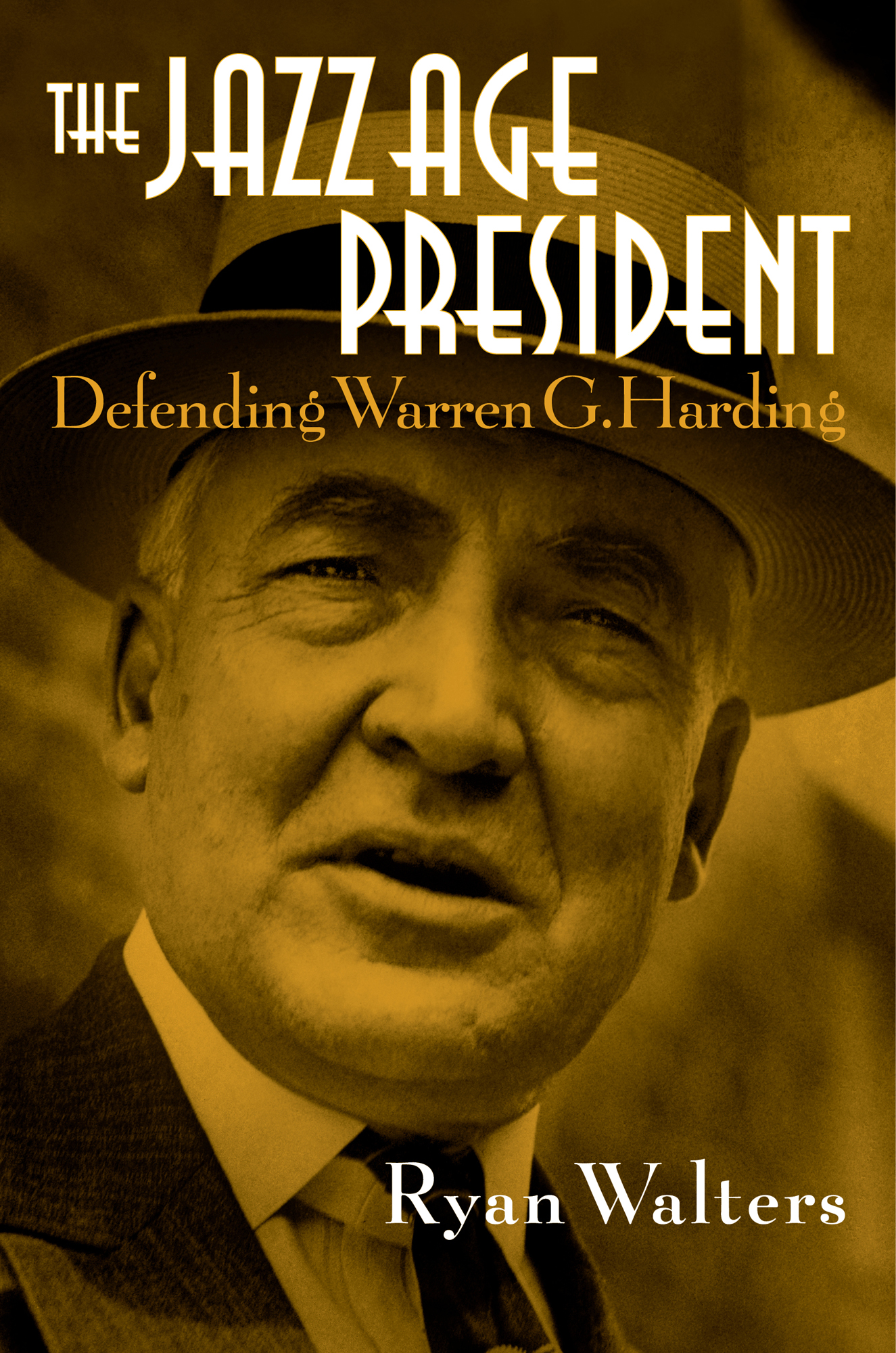Contents
Guide
The Jazz Age President
Defending Warren G. Harding
Ryan Walters
Praise for The Jazz Age President
Presidents are ranked wrong. In The Jazz Age President: Defending Warren G. Harding, Ryan Walters mounts a case that Harding deserves to move upand supplies the evidence to make that case strong. No historian of the 1920s makes the case for Harding after Walters.
Amity Shlaes , bestselling author of Coolidge
He cut taxes and regulations, got the economy roaring, put America first after years of wearisome globalist utopianism, and for all his efforts was derided as unfit for the job. Ryan Walterss The Jazz Age President: Defending Warren Harding is a long overdue defense of the man who was Trump before Trump, a criminally underrated and unjustly maligned president who in a just, America-first ranking would be regarded as one of Americas greatest presidents. This book is a timely and much needed salvo in the ongoing war to wrest American history back from the socialist ideologues who have dominated it for too long.
Robert Spencer , author of Rating Americas Presidents
Warren Harding is perpetually labeled as one of the bad presidents, as a bumbling idiot who couldnt write a speech, or as a philandering playboy with literal closet affairs, but as Ryan Walters expertly shows, this is unjust. Rather than one of the worst presidents, Harding should be regarded as a man who believed in the original intent of the presidency and who was able to stave off one of the worst economic crises of the twentieth century by doing nothing. Youll have a new appreciation for Wobbly Warren after reading this book.
Brion McClanahan , author of numerous books on American history, including The Founding Fathers Guide to the Constitution and 9 Presidents Who Screwed Up America and Four Who Tried to Save Her
Copyright 2022 by Ryan S. Walters
All rights reserved. No part of this publication may be reproduced or transmitted in any form or by any means electronic or mechanical, including photocopy, recording, or any information storage and retrieval system now known or to be invented, without permission in writing from the publisher, except by a reviewer who wishes to quote brief passages in connection with a review written for inclusion in a magazine, newspaper, website, or broadcast.
Regnery History is a trademark of Salem Communications Holding Corporation
Regnery is a registered trademark and its colophon is a trademark of Salem Communications Holding Corporation
Cataloging-in-Publication data on file with the Library of Congress
ISBN: 978-1-62157-884-0
eISBN: 978-1-68451-280-5
Library of Congress Control Number: 2021946364
Published in the United States by
Regnery History, an Imprint of
Regnery Publishing
A Division of Salem Media Group
Washington, D.C.
www.RegneryHistory.com
Books are available in quantity for promotional or premium use. For information on discounts and terms, please visit our website: www.Regnery.com.
Cover design by John Caruso
INTRODUCTION WHY DEFEND WARREN G. HARDING?
Harding is reckoned a rock-bottom Failure by the experts, and this view is so commonly held that for an historian to argue otherwise is heresy.
Thomas Bailey
T ell someone you are writing a book about President Warren G. Harding, and you will get quizzical, even skeptical looks. Why write a book on him? Wasnt he a really bad president? is a typical response. Or, Didnt his wife poison him? Thats another one Ive heard. My answer is: Why not? Warren Gamaliel Harding, more than any other American president, has been named the worst chief executive in our history. He is the butt of many political jokes, all of them bad. But the conventional wisdom on the twenty-ninth president is incorrect. Simply put, Warren Harding deserves defenders to counter what has been a smear campaign against him for nearly a century. I am one of his defenders, few as there are.
As a student of history, I was always familiar with Harding but, like most everyone else, only vaguely so. Back in the 1990s, I was an enthusiastic backer of Patrick J. Buchanan, whose Harding-style America First campaign drew me to support his presidential candidacies in 1992, 1996, and 2000. I remember watching coverage of the 1996 campaign on CNN. One conservative commentator, defending Buchanan, referred to Bill Clinton as the Democrats Warren Harding. Such comparisons never sat well with me even then, but not because the comparison was unfair to Clinton; it was unfair to Warren Harding. But if you had asked me to defend Harding at the time, I would have been very short on ammunition. From careful study over the subsequent years, Ive found out that most of the tales about President Harding are in the realm of myth, not fact.
A Marion, Ohio, newspaper editor, Warren Gamaliel Harding won election to the presidency in 1920 and served nearly two and a half years before dying in office in August 1923. He had previously served in the Ohio state senate from 1900 to 1904 and had then gone on to serve a two-year term as lieutenant governor. After losing the 1910 election for governor, Harding rebounded in 1914 and won a seat in the U.S. Senate, where he served until his election as president. His political career was just fifteen years, certainly not the satisfaction of his lifes ambition, and they were years filled with heaps of scorn and ridicule.
The more I learned of the jokes, the rumors, and the lies, the more determined I was to right the wrong. The more I studied Harding, the more I admired him. The more I looked into his personality, the more I liked what I found. Harding was staunchly conservative and in favor of America First. Coming from humble origins, he was a people person who liked to spend time with average, everyday, ordinary folks, not politicians or stuffy academic types. He loved animals, particularly dogs, and had no tolerance for those who treated them cruelly. Harding came out of small-town America, and he believed it was the heart and soul of the countrya belief rare among presidents.
In many ways, Harding was the personification of the Jazz Age, the name pinned on the decade of the 1920s by F. Scott Fitzgerald. More popularly known as the roaring twenties, it was unlike any period in American history. By 1920, for the first time in history, more Americans lived in urban areas than in the countryside, helping push a second industrial revolution that, along with old-fashioned laissez-faire economics, made the economy roar. People were bursting with optimism about the future. No other decade can match the energy of Hardings era.
The Jazz Age was a transformative period for America, when the old values of the Victorian era were giving way to a new outlook on life. But not everyone looked on the changes with approving eyes. There were those who clung to the morals of the old times that were clearly slipping away. These Victorians characterized this age of a new, emerging America as a period of great moral disintegration, not one of robust dynamism. They believed that old-fashioned mores needed to stay rigidly in place to curb mankinds natural impulses. And very few of them would be enamored with President Harding. Victorians were prim, proper, prudish, and puritanicaleverything Warren Harding was not, at least not in their wary eyes. Despite prevailing opinion, though, Harding was not a moral degenerate; he simply radiated vigor, vitality, and vivaciousness, just like the era in which he served as president. In contrast to Woodrow Wilson and the academic world from which he came, Harding was energetic and had a magnetism that attracted people to him. That same force would stamp the decade with the robustness for which it is known.



